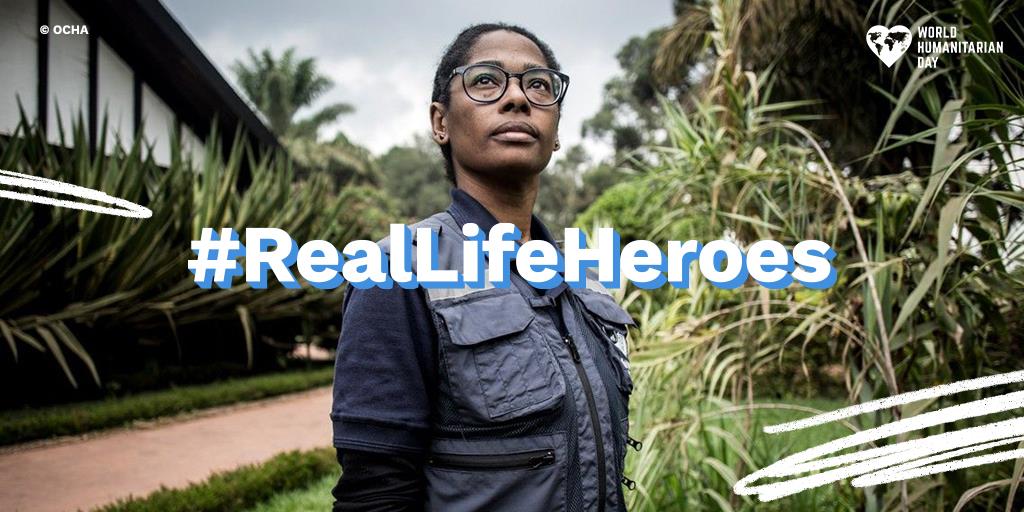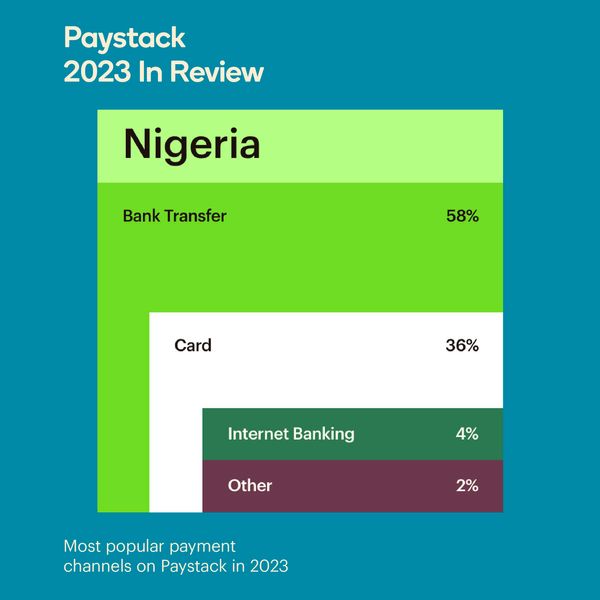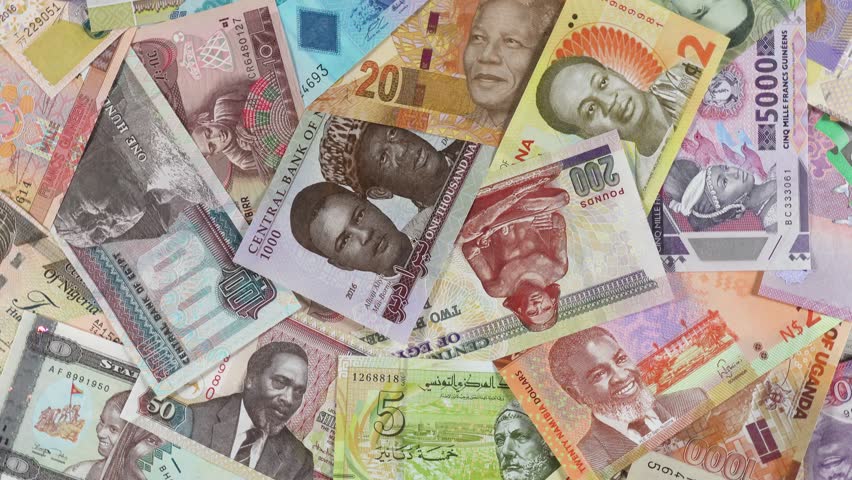Humanitarian crises have always existed. However, when they are not close to home, they are easy to ignore. The Covid-19 pandemic is definitely one that has, in a morbid way, united us globally.
In the face of this global pandemic, increased poverty and growing insecurity, humanitarians and front-line workers are going beyond their duty call to make life bearable for those who have been most affected by the pandemic and insecurity crisis.
Here are some of Africa's real-life heroes, from before and during the pandemic:
Dr Marie-Roseline, a field coordinator with the World Health Organisation (WHO) and an epidemiologist has a first- hand experience in fighting epidemics under harrowing conditions. She led her team during the Ebola response in the Democratic Republic of the Congo amid a series of violent attacks and this year, WHO sent Marie to the Central African Republic (CAR) to help set up the COVID-19 response.
Nkem Okocha, a social entrepreneur and founder of fintech social enterprise Mamamoni Nigeria went above and beyond for low-income women living in rural and urban slum communities in Lagos state. During the lockdown, Nkem and her team gave relief food packages to these women week after week, putting their safety on the line. As the lockdown gradually eased up, they launched a COVID 19 emergency grant for female micro-entrepreneurs whose businesses were negatively impacted by the pandemic. The grant would help them restart their businesses.

Adaora “Lumina” Mbelu started an accountability group- The Switch-On Bootcamp in April 2020 to teach enhance focus and productivity; ensuring that people could still execute their ideas in the middle of the pandemic. Since its inception in April 2020, the Bootcamp has hosted 2 cohorts and helped over 200 ‘Tribers”. The best part of this story is the group decided to do a Fund-The-Flow campaign as part of their team project aimed at providing sanitary products to adolescent girls and women in underserved communities in Nigeria.
They have given out over 6,000 sanitary pads across 12 communities in Nigeria and they intend to continue this campaign.
The WIMBIZ group and Rendra Foundation focused on forcibly displaced women and their families in Northern Nigeria. The WIMBIZ group and Rendra Foundation provided food palliatives to 290 women in the Durumi IDP camp and 130 Women in the Kuchingoro IDP camps respectively.

To celebrate yesterday's World Humanitarian Day, we join the rest of the world to applaud and honour every one working in their little corner of the world, going through extraordinary lengths to help the most vulnerable people whose lives have been upended by COVID-19 pandemic. Your response through commitment, sacrifice and tenacity has gone a long way in managing the increase in humanitarian needs triggered by this global pandemic.










